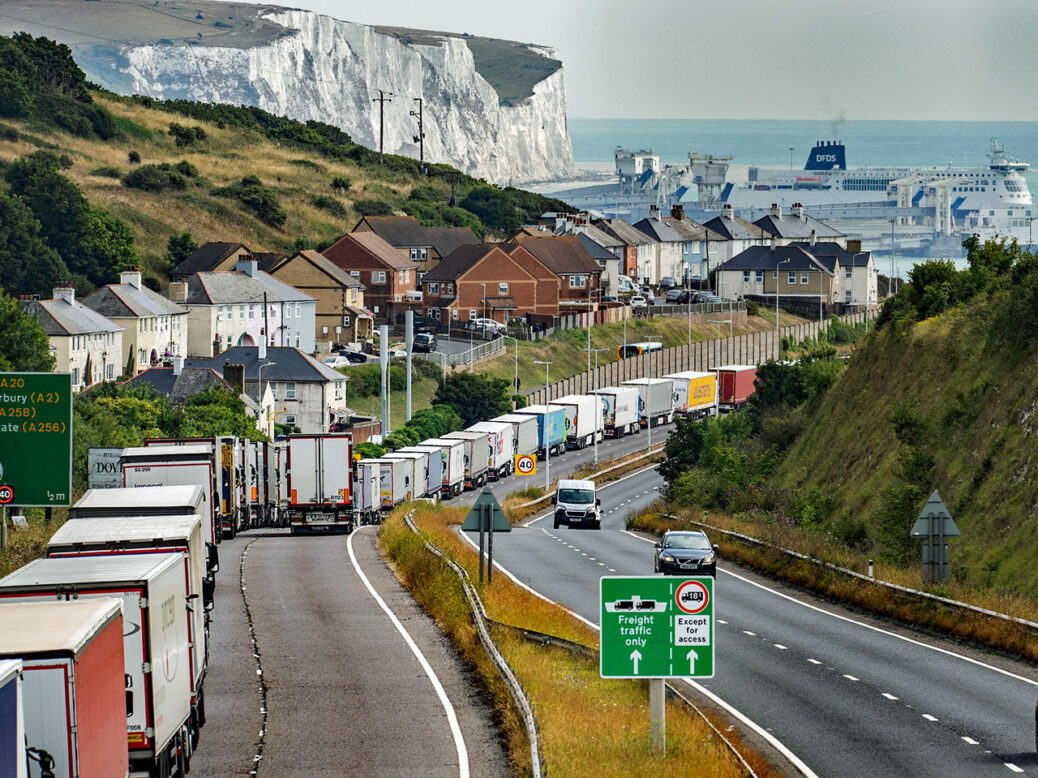
“I don’t think it’s fair to say this is an adverse effect of Brexit,” said the Home Secretary, Suella Braverman, yesterday about passenger delays in Dover over the weekend. Really?
There are, it is true, factors that have nothing to do with our departure from the European Union. The weather last Friday caused delays that had knock-on effects over the weekend. And more coaches turned up than were expected. It is also true that delays at Dover occurred in the pre-Brexit era.
Nonetheless, it is perfectly obvious that the passport procedures in place now that we are outside the EU take longer than when we were inside the EU. Whereas once it was merely necessary to check that a passenger had their passport, French passport officials have to ensure that a UK citizen has not spent more than 90 days out of the last 180 in the EU and then stamp the passport. For one individual, this does not take much more time but the cumulative impact is considerable.
The French are being petty, claim some, including “sources close to the Home Secretary”. Not true, they have an obligation to control the border with a third country – which is what we chose to become. Could France have provided more staff? Perhaps but there is limited capacity at Dover and we cannot always assume that others will solve the problems we create.
Brexit means lengthier checks for UK citizens entering the EU. Lengthier checks contribute to delays. The delays we have seen this weekend are, in part, an adverse effect of Brexit. To deny this, as Braverman has done, is absurd.
But it has become standard for the Brexiteers to deny each and every problem that Brexit has created. The marginal benefits of leaving the EU are trumpeted (the forecast 0.08 per cent boost to GDP from joining the Pacific trade partnership) while the costs (the forecast 4 per cent hit to GDP from Brexit) are ignored.
On the issue of passport checks, the government has got itself trapped in a corner. It cannot speak honestly or even think clearly about the matter. It just has to deny the obvious.
But the evasiveness is not confined to the government alone. Labour, ever watchful of Leave voters in the Red Wall, is reluctant to blame Brexit. It is all the fault of a lack of government planning, they claim. Possibly, but the geography of Dover means there are limits to increasing capacity.
The fundamental problem is that we are outside the EU, a problem that will get worse when the EU introduces a new entry and exit system that will require fingerprint scans. Delays to entering the EU are likely to get significantly worse.
Being part of the EU made life easier for UK citizens to trade with and travel to the EU. Brexit has made that harder. Our politicians should admit it.
[See also: The end of the Brexit taboo]





